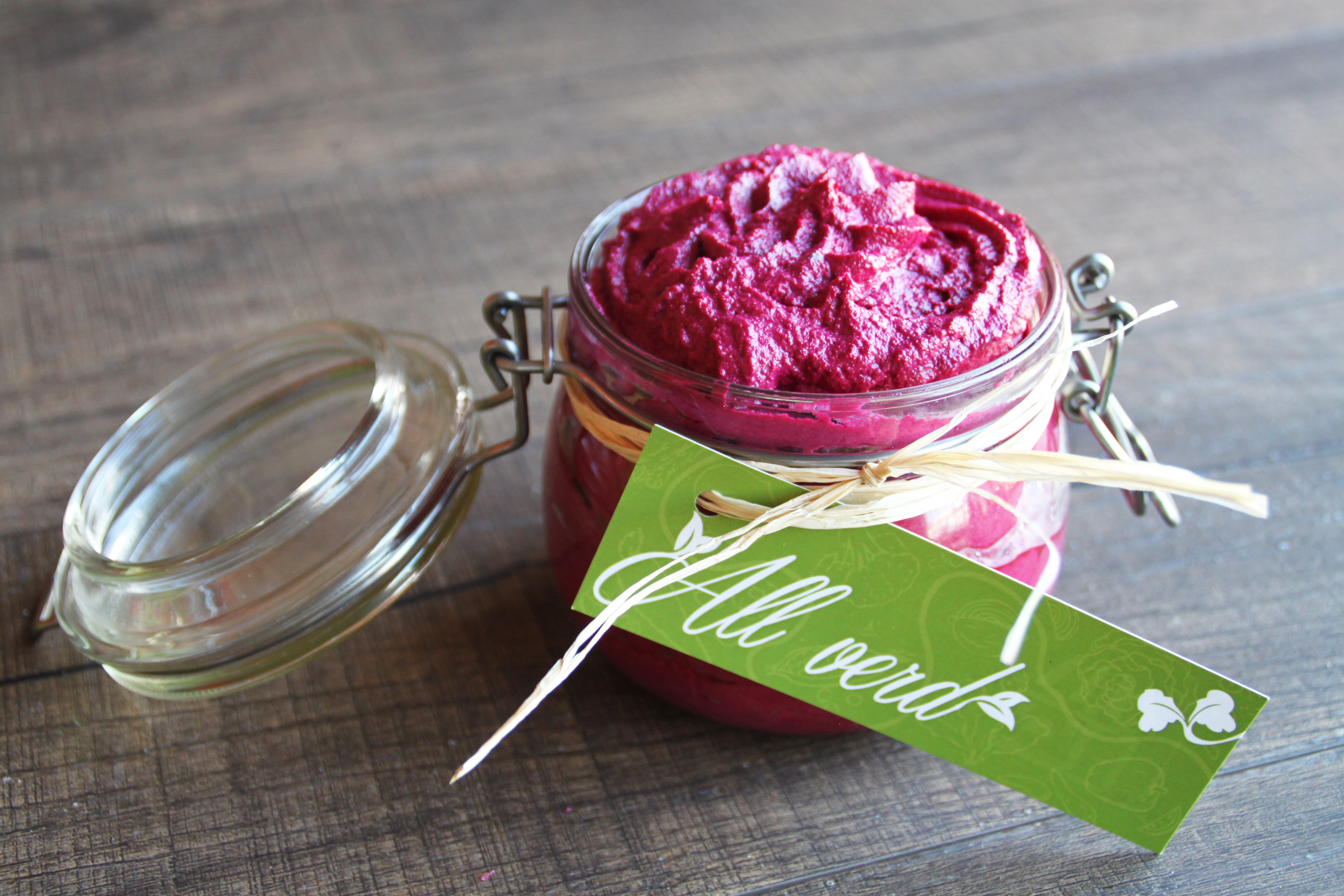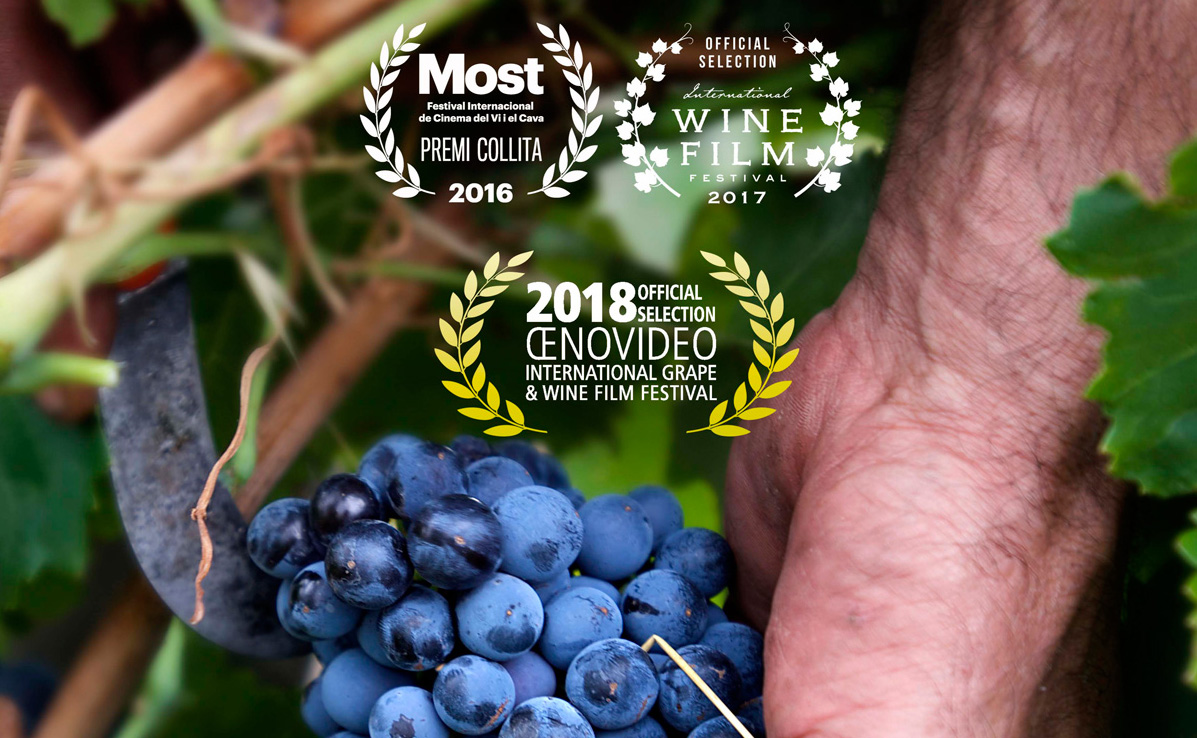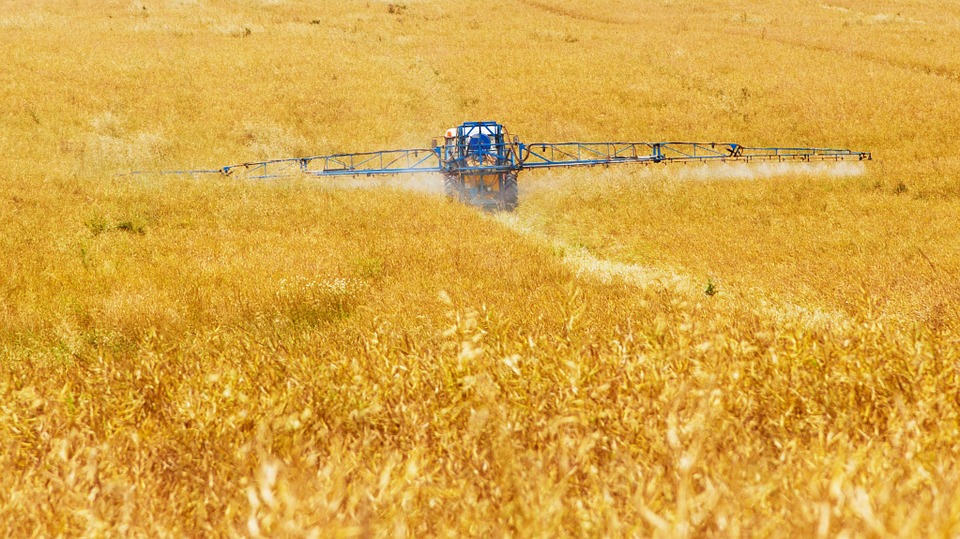Doing it for the pleasure of caring for ourselves and finding a balance, without restrictions or feelings of guilt.
A healthy relationship with food, making the most of seasonal produce and letting creativity into our kitchen, even if it's only for the lunch box we take to work.
We’ll try, using uncomplicated recipes, tastes, aromas and colours. We'll emphasise the importance of colour in our dishes.
Emotions and healthy eating go hand in hand.
Sustainable Food Citizen Week
Video resum de la Setmana Ciutadana de l'Alimentació Sostenible 2021
The activities of the Sustainable Food Citizen Week
Sustainable Food Citizen Week provides an opportunity to understand the relationship between food habits and cross-cutting aspects such as the climate emergency, local economic development, culture, politics, social rights and health. A week dedicated to citizens, in which you will achieve knowledge, reflection and debate about the main issues of the following activities.
Gastronomic heritage
- October 21st - 18.00 HBetevé broadcastingTelevised cooking workshop
- October 22nd - 22.00 H (variable according to betevé programming)Betevé broadcastingDocumentary film season
Documentary on natural wine in Spain. A trip from the north to the south of the country, with the vineyard and wine as the background.
A reflection on natural wine from its producers and opinions from renowned sommeliers.
This activity is part of Betevé's documentary film season, including the films Fermentación espontánea, Taste the waste, Food for change and Il mare piange.So you can combine the documentary with a wine tasting at home, we provide you with a list of wines by order (and time) of appearance.
Minute 01 – Sparkling wine from an ancestral method made in the Alt Empordà. Sparkling wine with unique fermentation.
Minute 05- Red wine from the mountains, made on the north side of the Alpujarra in Granada.
Minute 10 – Mineral and fresh wines made in the Sierra de Gredos (Avila), mainly with Garnacha, also with local white varieties such as Chelva, Albilla Real and Malvar.
Minute 13 – Red wine from the Sierra de l’Albera, in the Alt Empordà, made with Garnacha and Carignan (Lledoner and Samsó).
Minute 16 – White wine with maceration of the skins (orange wine) from Penedès made with Xarello from old vines worked within biodynamic parameters.
Minute 19 – Light red wine made with Sumoll, a native grape of the Penedès. From vineyards surrounded by forests of the Alt Penedès.
Minute 23 - Red wine from Galicia from a heroic viticulture of micro-plots in the Ribera Sacra area.
Minute 27 - White wine from the La Mancha variety and the most planted in the peninsula: Airén, in this case, comes from very old, free standing vineyards.
Minute 31 - Terra Alta red wine, inland Catalonia. From a dry and warm area, with powerful aroma and flavour.
Minute 36 - Wine with Mediterranean expression, made in clay vats in the region of Murcia, from the Tintorera Garnacha grape variety.
Minute 38 - White wine from Montepila grapes from vineyards surrounded by olive trees in Cordoba. - October 29 and 30 from 12.00 to 23.30 H, and October 31 from 12.00 to 22.30 HLa Rambla de Barcelona (between Centre d'Art Santa Mònica and Colom)Market
“Terra i gust” is a gastronomic project that links restaurants with small producers, an initiative from Barcelona City Council and organized by Gastronomia de Proximitat and Slow Food Barcelona, with the support of the Association of Gastronomy and Tourism of Baix Llobregat and l’Hospitalet.
It will be a place for citizens to see the different stakeholders involved in the value chain of local products and sustainability, and to point out the importance of the small artisanal producer, of maintaining traditions and environmentally friendly techniques, highlighting the union with gastronomy.There will be various different spaces:
- Spaces for sustainable gastronomy
- Spaces for beverages, with the participation of the Barcelona Beer Festival, with a selection of craft beers. Natural wines, filtered water, and kombucha will also be served.
- Producers market with seasonal and ecological products.
- There will also be an area for cooking shows, talks and games for kids-
Waste vs Good use
- October 14th - 19.30 HPlaça de Sant JaumeShow
The start off the week will be a chorus, musical, and participative. Having their say will be the real heroes of sustainable food, those involved in the food cycle: the fishermen, drivers, chefs, farmers, ranchers, market vendors. The speech will be intertwined with the large mechanical orchestra of Cabo San Roque, distributed in the form of a sound mural in front of the City Hall, along with the active participation of the public, in a collective musical creation composed especially for the occasion. A show that highlights all the participants behind the food supply network and gives them a voice.
- Scenography and musical composition: Cabo San Roque
- Stage direction and coordination: Edi Pou
- Idea and concept: Virginia Angulo / Martín Garber
- October 16 at 11:00hParc de la BarcelonetaTalk
Presentation of the guide that provides readers with ideas, examples and lines of action for initiating better food-use actions in the city's neighbourhoods, either in the form of food networks, better food use meals or other formats.
Guide authors: Espai Ambiental Cooperativa and Associació Cuchara. Published by Barcelona City Council. - October 16th - 11.30 HParc de la BarcelonetaTalk
Presentation of the Pont Alimentari [Food Bridge] project, promoted by Rezero and the Resources Bank Foundation since 2015, with the aim of reducing food waste in the retail, catering and restaurant food-distribution sector, creating a network for interaction and better food use among donor companies and recipient organisations supporting vulnerable groups.
Urban rurality and biodiversity
- October 14th - 19.30 HPlaça de Sant JaumeShow
The start off the week will be a chorus, musical, and participative. Having their say will be the real heroes of sustainable food, those involved in the food cycle: the fishermen, drivers, chefs, farmers, ranchers, market vendors. The speech will be intertwined with the large mechanical orchestra of Cabo San Roque, distributed in the form of a sound mural in front of the City Hall, along with the active participation of the public, in a collective musical creation composed especially for the occasion. A show that highlights all the participants behind the food supply network and gives them a voice.
- Scenography and musical composition: Cabo San Roque
- Stage direction and coordination: Edi Pou
- Idea and concept: Virginia Angulo / Martín Garber
- October 16th from 10.00 to 12.00 HPlaça ReialWorkshop
We begin the workshop by presenting a suitcase with a wide-ranging biodiversity of seeds, some of which are local varieties. We then introduce the clay bomb technique for regenerating areas and helping life to grow.
Participants can make their own seed bombs, which they take home after the workshop.
The activity runs from 10 am to 12 noon, in sessions that begin every half hour and last 20-25 minutes. - October 16th - 12.00 HJardí dels TarongersTalk
Interdependence, symbiosis and antagonism. An approach to food production from the rural and city perspectives.
Making the urban setting rural in three ways: production, environment and values. Understanding urbanised spaces as producers of biodiversity, health and food, as well as natural spaces. Understanding the rural setting as a live space and one which gives life, not a space which consumes nor which is consumed, without us feeling linked in some real way to its values and rhythms.
Ecological footprint
- October 17th - 13.00 HPlaça del ReiTalk
Talk looking at all the most common stages of the life cycle of our food. From the farm to the table, we’ll be pondering the carbon footprint of agriculture, packaging, logistics, cooking, organic waste etc. The overall goal is to provide information for deciding on food which has a lower impact in terms of greenhouse gas emissions. The session will also stress the contradictions in environmental communication for consumers.
- 17th October 13.30 hPlaça del ReiTalk
What are the impacts of our food system on our planet? How does this affect the peasantry, our territory and the communities of the global south? What role does the food industry play? What can we do as consumers? What is the role and situation of women, who have traditionally fed the world? On all these issues, we offer you an exciting dialogue with Vandana Shiva (Indian climate activist, graduate in physics, philosopher, ecologist, feminist and author of more than twenty books and 300 articles in the world's most prestigious scientific journals) and Esther Vivas ( activist, researcher in social movements and agricultural and food policies, degree in journalism and diploma in higher studies in sociology from the Autonomous University of Barcelona).
- October 17th - 17.30 HPlaça del ReiRound table
The current industrial agri-food system generates a series of environmental conflicts that are manifested through struggles and mobilisations in response to the impact this system has on the environment and society. These conflicts are mainly associated with the defence of environmental conditions or equal access and distribution of natural resources, often occurring in production and transit areas, and ultimately affecting the regions and communities where they happen. They often reveal conflicting interests, different development paradigms, and aspects related to involvement in decision-making.
The aim of this roundtable is to address some of the main current socio-environmental conflicts in Catalonia, arising from the food system, and to understand the causes and impacts both in Catalonia and the Global South, in order to make them visible, encourage dialogue and provide possible solutions or alternatives.
Proximity
- October 16th - 18.00 HPlaça ReialTalk
Discussion on unsustainable fishing and its impact. What are the consequences of not fishing in our seas? We’ll be meeting up to discuss the impact that international fishing agreements are having and the advantages to local fishing. We will also find out how West Africa's coastal populations are facing over-exploitation of their maritime resources and what local-fish initiatives we have in Barcelona.
- October 16th - 20.00 HPlaça ReialTalk
Presentation of Repensa el que menges (Rethink What You Eat), a guide for the sustainability of formal and non-formal educational practices in the promotion of the right to food through the service learning methodology.
- October 16th - 20.00 HTeatre del CCCB, Jardí dels Tarongers, Plaça del Rei, Parc de la BarcelonetaShow
A unique musical group, the Vegetable Orchestra, plays instruments made from fresh vegetables. The use of various vegetable instruments makes for a unique musical and aesthetic universe. The Vegetable Orchestra covers the most diverse musical styles, combining genres from electronic music to jazz. The newly created instruments determine the resulting sound. A Vegetable Orchestra concert appeals to all five senses.
More week
- October 16th and 17th - 10.00 H and 13.00 HPl. Ramon Berenguer el Gran, 2, entresol 1a escala dretaWorkshop
Cookery workshops for everyone who wants their food decisions not to affect the well-being of the planet and who wants to eat as sustainably as possible.
- October 16th and 23th from 10.00 to 12.00 HC de Bailèn, 75Workshop
What do you need to set up a vegetable garden in your home? We will talk about substrates, fertilizer, the cycle of vegetables and growing tables or other ways to organize it. We will also incorporate bio-carbon as a soil regenerator and CO2 trap. Having a vegetable garden at home is not only therapeutic, it also helps with a sustainable diet!
- October 16th from 10.30 to 12.00 HLa Fàbrica del Sol Fab LabWorkshop
The Fàbrica del Sol Fab Lab shows us how it has created a small, sustainable vertical vegetable garden, made out of plastic bottles, recycled wood from fruit boxes and cuttings from advertising banners, which can be hung up inside a flat or on a balcony.
Discover digital manufacturing technologies that are able to turn waste into resources.






















